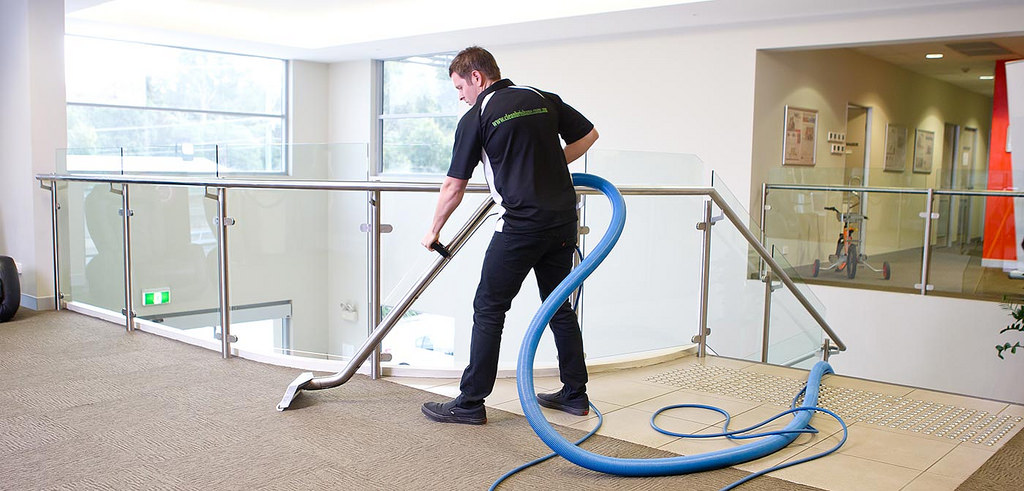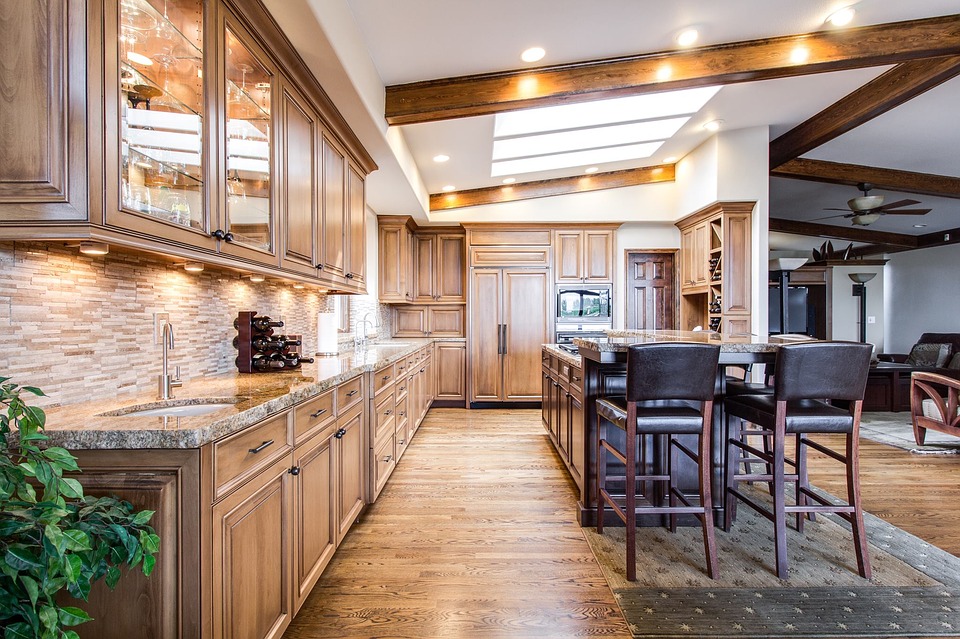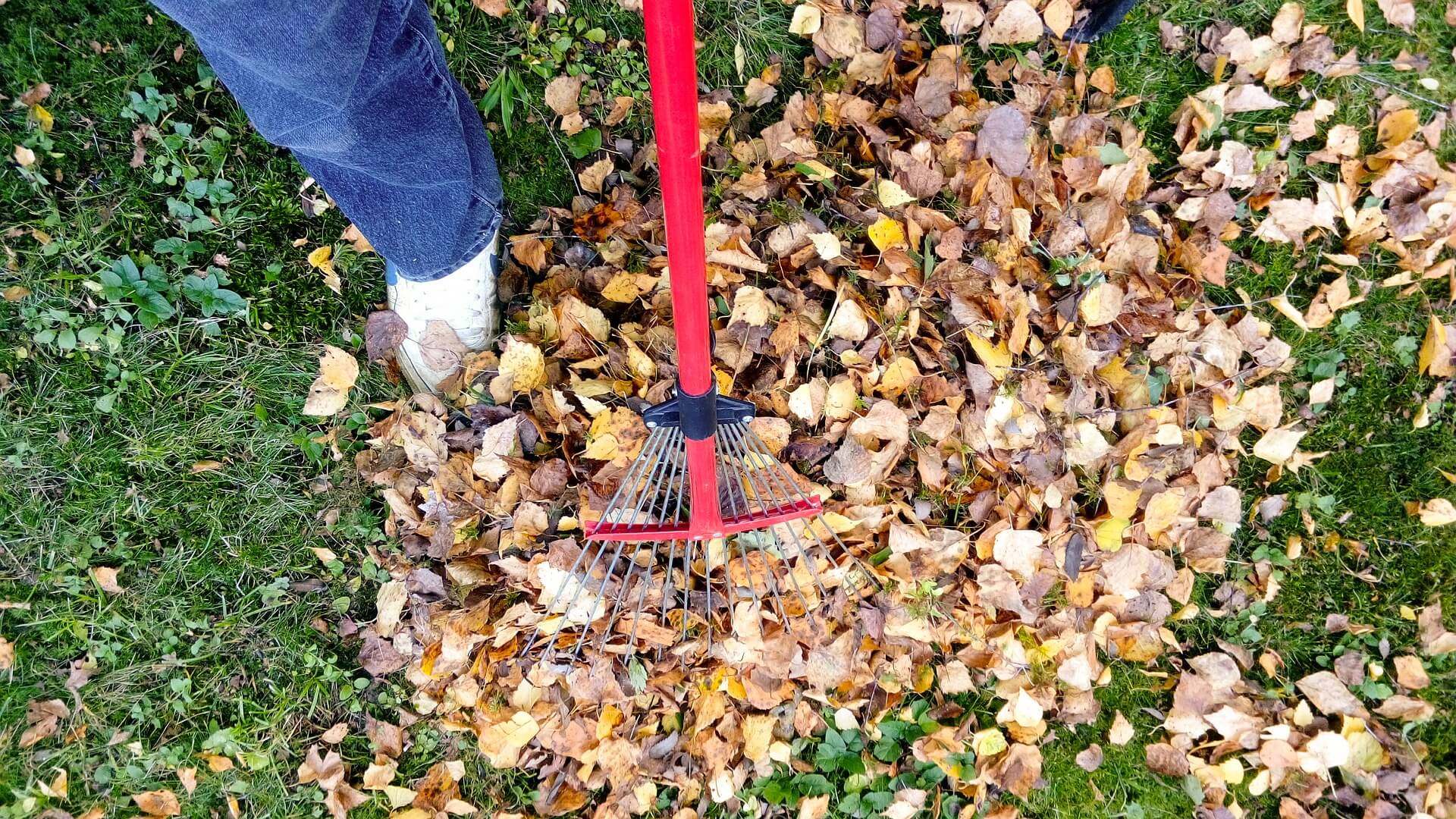Moving to a new neighborhood can be daunting. Just because a neighborhood looks inviting does not necessarily mean peace of mind. Ever gone phone shopping without knowing the specifications and how it will meet your needs? Shopping blind means you may go home with something less than ideal for your needs.
The same goes for looking for a new neighborhood to move in. You can’t call your agent after moving in a couple of days to say you do not like the place. Before you sign a lease or mortgage do your homework first.
Thanks to the internet, you don’t have to worry about how to find a job based on your geolocation. I mean, online Ghanaian job postings for employers have facilitated the search for jobs.
Nevertheless, searching for the neighborhood of your dreams means you have to consider a lot of other things. For instance, you might want to consider safety, amenities, architectural style, just to name a few.
These are some questions to ask yourself before moving to a new neighborhood. These questions will help you to streamline your search in finding the perfect neighborhood with your specifications.
Read More: Are You Planning To Relocate To Canada?
Question 1
Does the neighborhood have sidewalks?
Reason
A lot of people do not think of sidewalks when searching for a new neighborhood. Sidewalks actually say a lot about the neighborhood. Sidewalks suggest an active presence of your neighbors. It means amenities are easily accessible either by walking or jogging.
Sidewalks also mean the neighborhood is safer. This is because you are less likely to get hit by a car when taking a stroll. The safety of sidewalks makes it extremely desirable especially if you have children and pets.
Question 2
Do you have to take care of taxes and other expenses?
Reason
Most often than not, we focus on buying a home but forget additional expenses. These costs should be an important factor in your decision to move to a new neighborhood. For instance, you may be responsible for your pricey home owner’s association fees when moving to a condo or country club. Some of these fees come with rules so you need to understand these before making a decision. If the association forbids parking of motorcycles in driveways and you happen to own one, it is time to consider.
Property taxes are another important cost people overlook particularly if you escrow and pay as part of your mortgage payment. Property taxes are taxed based on the value of your home. Therefore, they can increase if you escrow which changes your monthly payment. Prepare yourself to make sure your budget can handle such increment.
On the other hand, if you decide to move to a declining housing market, your taxes may decrease. It has its own perks as well. Moving to such a neighborhood means less access to good public services.
Question 3
Does the neighborhood have amenities for you and/or your family to indulge in activities?
Reason
This is a pretty obvious question. Whether you’re single, have a family with children or is retired with your spouse pretty much sums up what you should look out for in a neighborhood. You will want a new neighborhood that has everything to suit your lifestyle.
For families with children, they might be interested in communities with parks, a swimming pool, libraries, and others. A young single person with a dog might want a neighborhood with a dog park or bike trails. If you enjoy a good movie at the cinema and you have to drive a long distance to access one from the new neighborhood you might want to reconsider.
On the other hand, a new neighborhood may not have some amenities. You will have to compromise in some situations. Make sure the necessary basic amenities are within your reach.
Question 4
Does the neighborhood provide you with convenience?
Reason
Convenience is walking to a shopping center nearby and accomplishing several errands within a very short period. Convenience is getting easy access to stores you frequently visit. The biggest convenience is the ease to commute to work daily.
In other words, the more convenient your neighborhood is, the more it affects your happiness. Moving to a neighborhood that has your favorite stores within reach is a plus. Not only do you save money on gas, but you also get to patronize these services at your own time.
Ask yourself this, do I have to double my commute trip to work or to school if I move to this neighborhood? Is it really worth that trouble?
Question 5
What are your plans for the future?
Reason
The neighborhood may look great in the present but may be liable to change in the future. In a neighborhood you move into, living in the here and now may be a good outlook on life. However, it does not necessarily mean a good neighbourhood.
Check with your local planning office about future developments in your area. It is because you may not want to purchase a new home only to find out it’s in the middle of a new community college. Visiting the planning office and inform you of any future construction project that will affect the neighborhood.
So you like the quiet private nature of the neighborhood with mature trees lined up along each side. Probably in the future, these trees will be cut down to build another subdivision. So even if your lot is not directly affected, it may impact the serene environment you’ve come to love. All this may affect your decision of moving to the neighborhood.
Question 6
Is the neighborhood situated in a noisy place or has a bad smell?
Reason
Your well being and health is one important factor when choosing a neighborhood to move into. Visiting the neighborhood several times during the day is extremely important. On paper, the place might be a perfect fit for you, but visiting the place will reveal its secrets.
The perfectly lined trees behind the house may be hiding a major road. Train tracks, restaurants, clubs and all that create noise that may be a menace. These bothersome noises will never go away. So while you may get used to them is a gamble.
In addition, in the eventuality that you want to move from the place, it is usually harder to sell a place with so much noise. While you are listening, you may want to get a good whiff of the air in the neighborhood. A stagnant lake, sewage problems, and even a corner BBQ joint can create some odors that do not go away.
Question 7
What is the crime rate in the neighborhood?
Reason
This is for your own sake and safety. You do not want your new home to feel like you are trapped in a war zone. It is also easier to know the crime rate of the neighborhood as they are many websites available for that.
This makes it especially easier for you to decide if you are stuck between two neighborhood choices. If you find a neighborhood you love and to your dismay, you find it has a questionable crime rat, you should speak to your local police office for more details. It could be just a small area away from your new home acting as a crime magnet.
Question 8
Are they good schools?
Reason
This is a very important question to ask if you have children. The presence of public and private schools from kindergarten to high schools affect the value of a home. If you do not have children, it is very important to understand that the quality of the school system in that area will affect the resale of your home.
Also, good schools may add unnecessary costs to your rent if you do not have children. If you do have children, research about the school by seeking advice from fellow parents in the neighborliness. Most schools give tours as well, so might want to take advantage of this. Also, inquire about school activities and extra-curricular activities the school permits.
Question 9
What is the neighborhood culture?
Reason
So you’ve found a neighborhood that fits your budget, has low crime rates, great reviews and all that, what of the culture? Your dream neighbourhood isn’t about statistics and information, is about how the place makes you feel.
If you are used to a hip urban neighborhood, you may not be happy in a quiet, family-oriented neighborhood. Doing so means you have to compromise on some things if that’s your wish. The bottom line is, you won’t be happy moving to a neighborhood that does not fit your lifestyle.
Make sure the neighborhood you choose has the right culture, then other pieces may fall into place.
Read More:






















